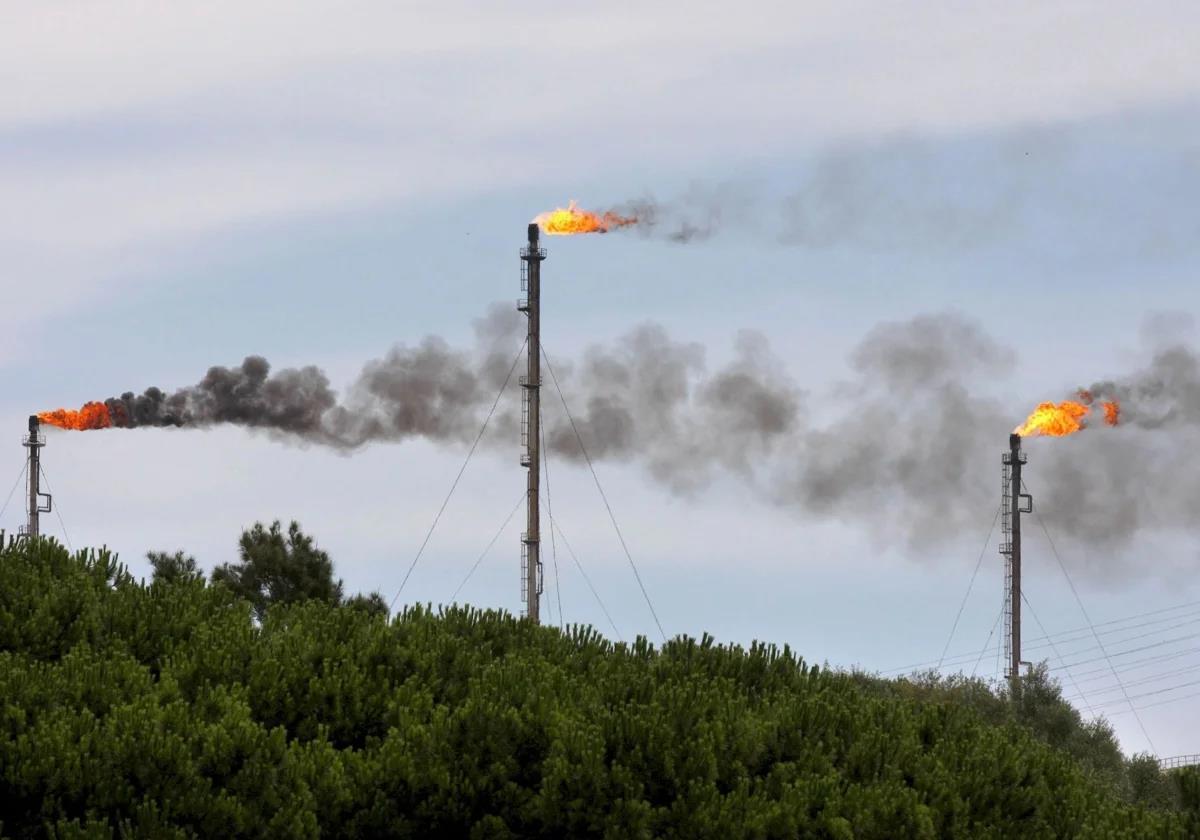More than 60 scientists warn that mankind has three years left to slow global warming
Almost 90% of the temperature rise since the Industrial Revolution is due to human activities, claim the experts
Servimedia
Madrid
Friday, 20 June 2025, 15:25
Mankind has only three years to slow down carbon dioxide emissions in a way that will keep global warming at a safe level of 1.5C over pre-industrial levels.
This claim was published on Thursday, as part of the third annual 'Global Climate Change Indicators' report, produced by a team of more than 60 scientists from 17 countries for the Earth System Science Data journal. The study provides annual updates of key climate indicators reported by the Intergovernmental Panel on Climate Change (IPCC).
The analysis mentions the remaining carbon budget, i.e. how much carbon dioxide can be released into the atmosphere before the 1.5C global warming limit becomes unavoidable.
In 2020, the IPCC estimated the remaining carbon budget to be around 500 gigatonnes of carbon dioxide. In early 2023, the figure dropped by half and in 2024 it stood at 200 gigatonnes, corresponding to five years of emissions at current levels.
However, new estimates of the remaining carbon budget for 1.5C are 130 gigatonnes of carbon dioxide, which would be used up in just over three years at the current rate of carbon dioxide emissions. The budget for 1.6 or 1.7C could be exceeded in just nine years.
Paris Agreement
On the other hand, the Earth's surface temperature last year was 1.52C above pre-industrial levels, 1.36 of which is attributable to human activities, meaning that 89% of this global warming is mainly attributable to carbon dioxide emissions from the burning of fossil fuels.
Reaching a global temperature rise of 1.5C in a single year does not mean the Paris Agreement has been breached - for that, global average temperatures would have to exceed this threshold for several decades - but it reaffirms how far and how fast emissions are moving in the wrong direction, according to the study.
In the decade between 2015 and 2024, the global average temperature was 1.24C higher than in the pre-industrial era, of which 1.22 is due to human activities. In those almost ten years, humanity produced the equivalent of 53 gigatonnes of carbon dioxide emitted into the atmosphere each year, mainly due to the burning of fossil fuels and deforestation.
Dangerous levels
The study highlights that greenhouse gas concentrations of carbon dioxide, methane and nitrous oxide have increased since 2019. Under these circumstances, the Earth's energy imbalance has grown over time.
Between 2019 and 2024, global average sea level rose by about 26 millimetres, more than double the long-term rate of 1.8 millimetres per year since the beginning of the 20th century.
"Our third annual edition of 'Global Climate Change Indicators' shows that both the levels and rates of warming are unprecedented. Record greenhouse gas emissions mean that more and more of us are suffering the effects of climate change at dangerous levels," said Piers Forster, director of the Priestley Centre for Climate Futures at the University of Leeds (UK) and author of the study.
Joeri Rogelj, research director at the Grantham Institute and professor of Climate Science and Policy at the Centre for Environmental Policy at Imperial College London, UK, said that "the window for staying within 1.5C is closing fast". "Global warming is already affecting the lives of billions of people around the world. Every small increase in warming is important, as it leads to more frequent and intense extreme weather events," he added.
William Lamb, senior scientist at the Potsdam Institute for Climate Impact Research (PIK), said: "Until we change energy supply to renewable and clean technologies and land-use practices to sustainable methods, greenhouse gas concentrations in the atmosphere will continue to rise."
"At a time when the EU is considering weakening its 2040 greenhouse gas emissions reduction target, our report shows that the pace of climate change continues unabated. Now is not the time to backtrack; Europe must take the lead on decarbonisation," concluded Chris Smith of the Université Libre de Bruxelles (Belgium).
